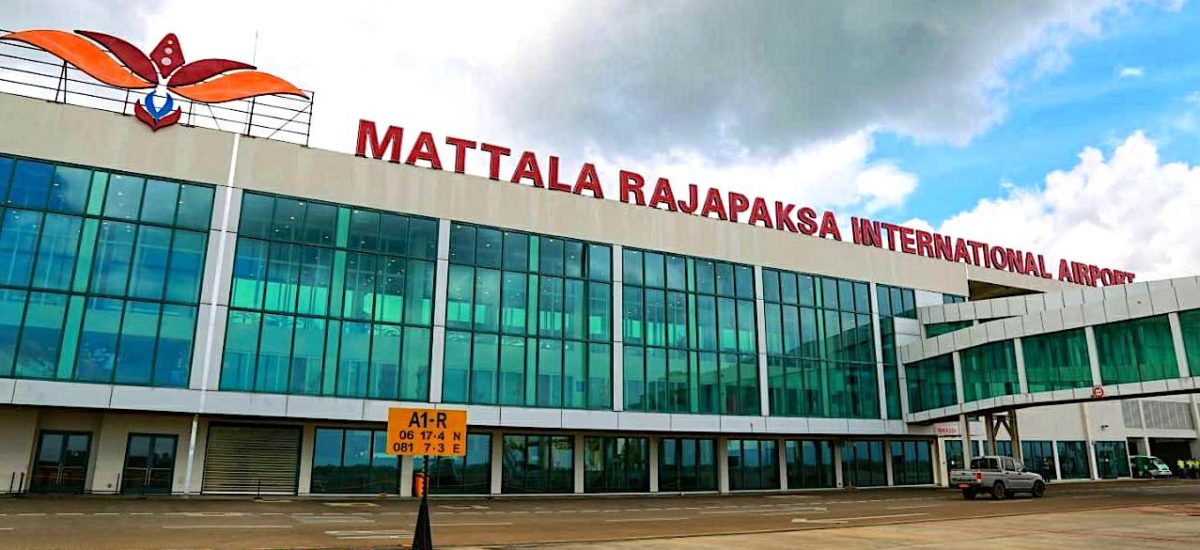Photo courtesy of Aviation Voice
The election of Anura Kumara Dissanayake as Sri Lanka’s executive president has introduced a transformative environment into the country’s political landscape. His approach is marked by an emphasis on empathy, transparency and a coalition driven progressive agenda. It represents a significant departure from that of the political elite that dominated Sri Lanka since its independence in 1948.
His victory signals a rejection of dynastic politics, nepotism, corruption and a lack of accountability. It is a victory that resonates with the aragalaya movement’s demand for genuine change. Appointment of respected human rights advocate Dr. Harini Amarasuriya as prime minister highlights this shift, pointing toward a break from entrenched political practices.
However, the journey ahead remains challenging. Former President Ranil Wickremesinghe, who garnered just 17 percent of the popular vote, cautioned against deviating from the austerity measures negotiated with the IMF. He has warned that doing so might affect external financial support for economic recovery. Moving forward, the new administration, with the backing of its supporters, must ensure that past mistakes are not repeated. Vigilance is essential – not only from President Dissanayake but also from the public – to maintain the integrity of this reformative path.
Three core issues: conflict of interest, corruption and qualification
A conflict of interest arises when an individual’s personal connections or financial stakes influence decisions that should prioritize the public good. Government agencies around the world, especially in public service, recognize the seriousness of such conflicts. In general, regulations are in place to address such situations.
Public trust hinges on ensuring that public servants prioritize their duties over personal interests. The government must maintain a commitment to this principle with all appointments scrutinized for potential conflicts before being confirmed.
Historically, politics has been dominated by influential family dynasties such as the Senanayakes, Bandaranaikes and Rajapaksas. They frequently placed their relatives and allies in key government roles.
To prevent a resurgence of nepotism and favoritism, the new administration must rigorously vet appointments. It is imperative that those selected to serve people hold the highest level of integrity and loyalty to national interests. They should foster a culture of accountability that supports realising the administration’s progressive goals.
Under the past regimes, notably the Rajapaksa administration, corruption reached staggering levels, severely hampering the country’s economic stability. Projects such as the Hambantota Port and Mattala international airport stand as costly symbols of mismanagement. Public funds were diverted through such projects to benefit a few rather than the nation. These investments burdened the country with debt without yielding proportional benefits to the population. Thus, such investments have significantly contributed to the current economic crisis.
The new government must establish systems of accountability to ensure that corruption is addressed decisively and swiftly. Transparency and public oversight must be integral to both the government’s economic strategies and its operations. That may minimize opportunities for unchecked spending or financial mismanagement. Such measures will be critical to restoring public trust and promoting sustainable economic development.
There is often a focus on formal qualifications in public appointments. However, this emphasis has not always guaranteed competence or prevented corruption and inefficiency. Instead, the selection process should broaden its criteria to include not only academic qualifications but also experience, ethical integrity and a genuine commitment to public service. Positions should be awarded based on an individual’s proven record and ability to act in the national interest rather than their allegiance to political powers.
With a new administration at the helm, Sri Lanka stands at a pivotal juncture. President Dissanayake and Prime Minister Amarasuriya have shown their intent to prioritise welfare of the people. However, they will certainly face resistance from those who previously held power.
It is vital that the public support this administration’s goals by remaining vigilant against potential threats to progress such as conflicts of interest, corruption, and a narrow view of qualifications. Only through a collective commitment to these principles can Sri Lanka move towards a future defined by equity, accountability and sustainable growth.

